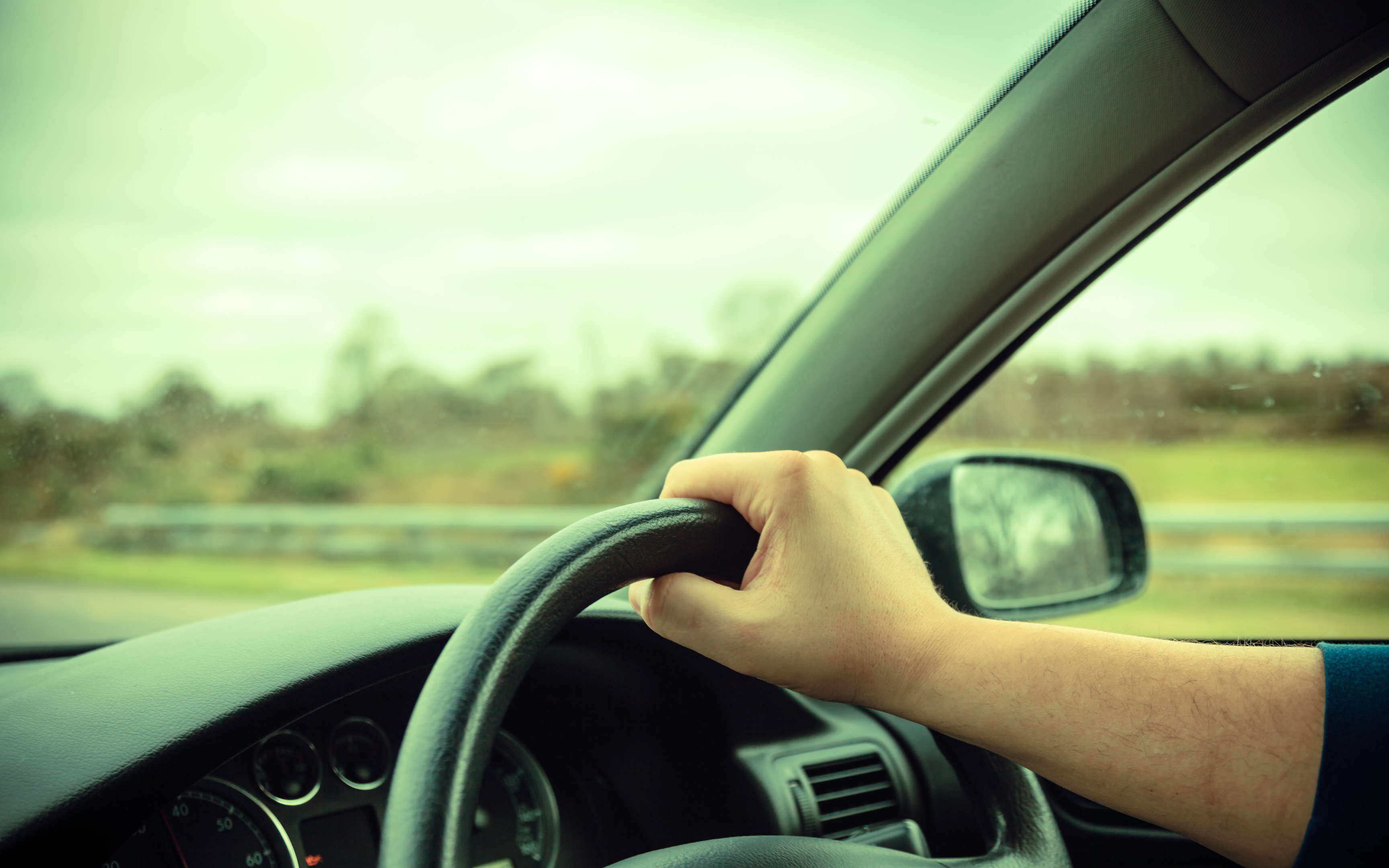
WHEN it comes to driving, motorists must “use it or lose it”, new research shows.
A poll of Edinburgh drivers found that nearly two-thirds know someone who they think needs to retake their driving test, with more than a quarter (28%) thinking everyone should have to retake our tests every decade.
Currently, there is no UK law that requires drivers to retake their test after taking time away from the wheel.
The Transport Research Laboratory and Euro Car Parts re-tested three drivers.
One, who holds a licence but has not driven in eight years, performed the worst in all different situations.
The regular driver, who gets behind the wheel two to three times a week, was the “best” driver across all measurements in normal driving conditions.
Bill Stimson, Euro Car Parts marketing director, said: “It’s quite common for young adults to take lessons and pass their test soon after turning 17, despite having little to no intention of getting a car or driving regularly anytime soon.
“While this research is by no means conclusive, it’s clear that – unlike riding a bike – driving skills do need to be practised to avoid any deterioration.
“Our advice, for both new and experienced motorists, is to try and get in the driving seat a few times a year minimum, or take refresher lessons if it’s been a period of six months or more,”
Ian Macintosh, CEO of RED Driving School, said: “The more experienced the driver, the more likely it is for the driver to have acquired critical cognitive skills which help with awareness and reactions.
“New drivers do not, by definition, have these skills.”

Enjoy the convenience of having The Sunday Post delivered as a digital ePaper straight to your smartphone, tablet or computer.
Subscribe for only £5.49 a month and enjoy all the benefits of the printed paper as a digital replica.
Subscribe